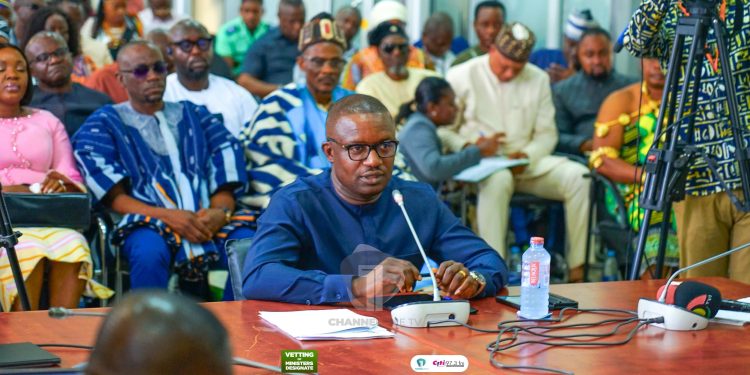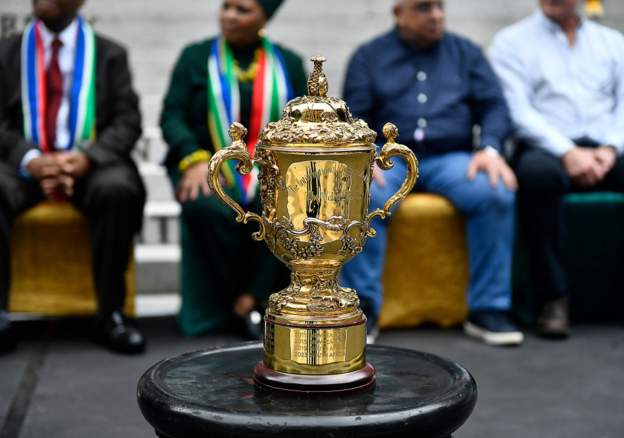The recent announcement of a 14.75 per cent increase in electricity tariffs by the Public Utilities Regulatory Commission (PURC), effective May 3, 2025, has understandably sparked concern among Ghanaians already grappling with economic pressures.
Yet, as Minister for Energy and Green Transition, Mr John Abdulai Jinapor, has rightly observed, the adjustment,though painful,is necessary to stabilise the country’s energy sector and ensure a reliable power supply.
The call by the Minister for patience and understanding must not be taken lightly. It reflects the sobering realities of governance ,realities that are often clouded during the heat of political campaigns.
Not too long ago, during the 2024 electioneering period, the then opposition National Democratic Congress (NDC) was vociferous in its criticism of the sitting government over economic hardship. Inflation, a depreciating currency, rising utility costs and the general cost of living became central themes of their campaign. Every attempt by the former administration to contextualise the challenges,many of which had global underpinnings, were dismissed.
The public was incited to believe that relief would be immediate and sweeping under a new administration. Today, that administration is confronted with the very challenges it once oversimplified and politicised. Now in office, it is clear that the levers of economic management are far more complex than campaign platforms admit.
The latest increase in utility tariffs is a reflection of this complexity. It is no longer enough to offer criticism; leadership demands action, and often, that action is difficult, unpopular, and costly. The Minister’s appeal for national support should be seen as a candid acknowledgement that the path to energy sustainability requires shared sacrifice.
That said , it should also serve as an opportunity for introspection. Political actors must reflect on the kind of discourse they promote while in opposition. Ghana’s democracy cannot continue to thrive on the weaponisation of hardship for political gain. Rather, it must mature into a space where truth, and responsibility guide public debate, whether in government or opposition.
Furthermore it is important , that the Ghanaian people also evolve in their expectations. While it is entirely within their right to demand better living conditions, it is also important to appreciate the broader structural and external factors that influence economic performance. Quick fixes are illusory; long-term solutions demand perseverance and pragmatic policymaking.
Indeed, the chickens have come home to roost. All we can ask for is responsible governance, and a constructive opposition.




















